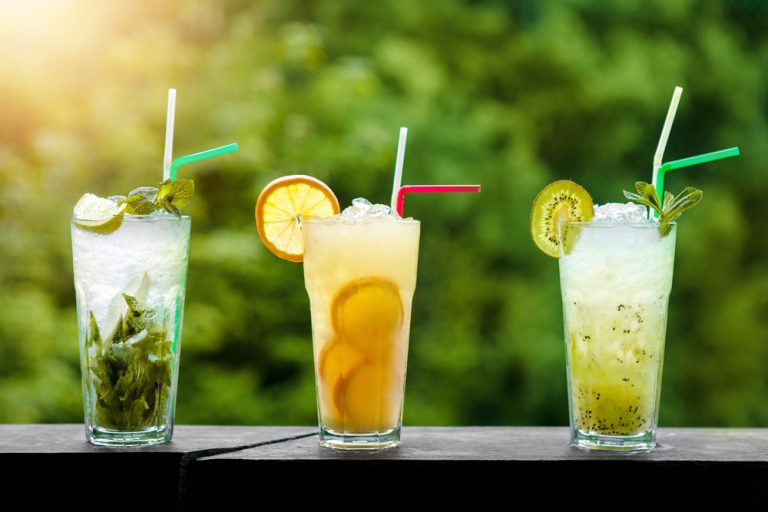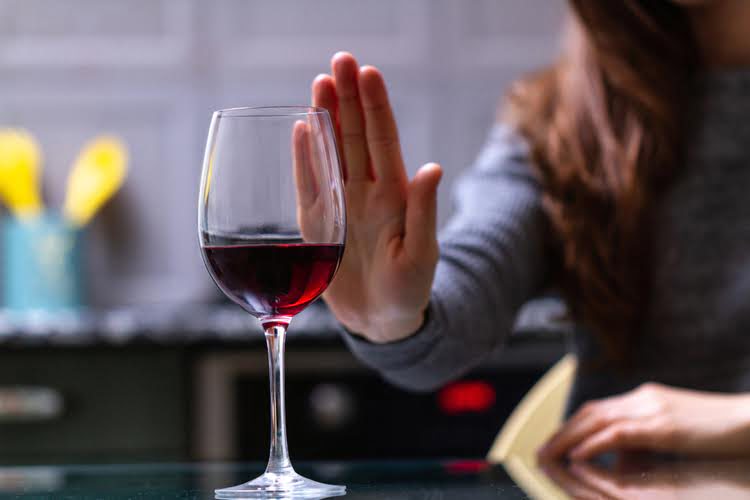15 Tips for Staying Sober
What matters is your ability to recognize and manage your stressors and continue working on your recovery. Emotional maintenance work can make all the difference in sustaining sobriety from alcohol and other drugs. If you are someone working toward long-term recovery and sober living, you must learn to regulate the negative feelings that come up in your everyday life which may lead to discomfort, craving, and—ultimately—relapse.
What Are the Most Treated Addictions?

It empowers you to make choices that align with your true self, free from the influences of substances. You’ll find that decision-making becomes clearer and your actions more deliberate. This newfound clarity is one of the first steps in reclaiming your life https://svich.com/articles.php?articleId=1913 and steering it in a direction that you choose, not one dictated by addiction. Incorporating these synonyms into discussions around sobriety not only enriches the conversation but also helps in appreciating the multifaceted journey that sobriety represents.
- Others simply want to stop being under the influence of substances that make them behave in ways they should not.
- These benefits not only ease the discomfort of the detox process, but also help to prevent relapse during this stage of treatment.
- “When we look at emotional sobriety, we’re looking at emotional identification, emotional regulation and regulating behaviors related to emotions,” says Fry.
- Further, those friends can serve as a cue that sets off drug craving and challenges the recovery process.
Naloxone helps prevent opioid deaths. Here’s how to find and use it
Not everyone comes from an encouraging and supportive home environment. If your family and or friends aren’t motivating you to seek help for your substance misuse, make an appointment with a medical or addiction https://last24.info/read/2008/02/01/1/126 treatment professional. These individuals can direct you toward the resources you need for recovery, including the needed services and diagnosis of substance use and any co-occurring mental health disorders.
How Do Sobriety and Abstinence Affect Mental Health Differently?

Unfortunately, without a commitment to recovery, sobriety can be a temporary state. You can learn more about treatment through some of our sobriety stories. https://imageban.ru/user/20101 You must be ready to change in order to find the best treatment program for you. It will help prevent relapse once the formal treatment program ends.
- Once you understand that you have a problem and need help, knowing what next steps to take can be confusing.
- One part of the recovery journey for some people is emotional sobriety.
- One study found that 68% of people treated in a detox unit experienced moderate alcohol withdrawal symptoms.
- The prospect of change engages people in an inner dialogue about hope, disappointment, and accountability.
- For some people, committing to complete abstinence is not desirable or is too daunting a prospect before beginning treatment.

Another is to carefully plan days so that they are filled with healthy, absorbing activities that give little time for rumination to run wild. Exercise, listening to music, getting sufficient rest—all can have a role in taking the focus off cravings. Under all circumstances, recovery takes time because it is a process in which brain cells gradually recover the capacity to respond to natural sources of reward and restore control over the impulse to use. Another widely applied benchmark of recovery is the cessation of negative effects on oneself or any aspect of life. Many definitions of recovery include not only the return to personal health but participation in the roles and responsibilities of society. One common mistake for those who are new to alcohol and drug recovery is substituting a new compulsive behavior for their old one.
The Impact of Sobriety on Relationships
Peer or mutual support is not restricted to AA or NA; it is available through other programs that similarly offer regular group meetings in which members share their experiences and recovery skills. SMART Recovery is a secular, science-based program that offers mutual support in communities worldwide as well as on the internet and has specific programming for families. All Recovery accommodates people with any kind of addiction and its meetings are led by trained peer-support facilitators.
- Delving deeper, sobriety encompasses both physical and emotional abstinence.
- Recovered is not a medical, healthcare or therapeutic services provider and no medical,psychiatric, psychological or physical treatment or advice is being provided by Recovered.
- Maybe none of these things apply to you when it comes to alcohol, but there’s something else in your life that’s not a positive force.
- If you’ve been thinking about attending rehab for drug or alcohol addiction, you’ve probably seen the terms “sobriety” and “recovery” come up a lot in your research.
- Another critical aspect is the transformation of social dynamics.
If you recently had surgery or an injury, your doctor will be careful with the pain medication they give you, because some of those drugs can make you more likely to relapse. Ask your doctor about nonmedical ways to manage your pain, like massage or acupuncture. At some point in your recovery, you’ll feel stressed out, whether it’s major stress (like losing a job) or minor stress (like running late for an appointment). When things like this happen, find a sober friend or loved one you can talk to for support. And keep your schedule loose enough that you have time for group meetings and other things that can help you through rough stretches.

Otváracie hodiny
Otváracie hodiny:
Pondelok – Piatok: 10:00 – 22:00
Sobota – Nedeľa: 11:00 – 22:00
Opening hours
Opening hours:
Monday – Friday: 10:00 to 22:00
Saturday – Sunday: 11:00 – 22:00
